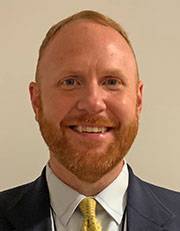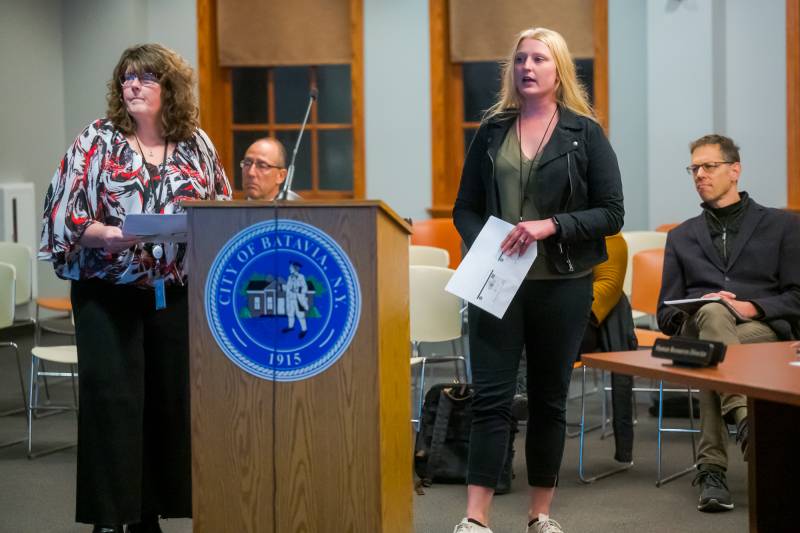GO Health warns of increased encounters with wildlife
Press Release:
The Genesee and Orleans County Health Departments (GO Health) are warning residents to stay away from wildlife and stray animals.
“Due to the mild winter and warmer temperatures, there has been a rise in the instances of people encountering wild animals and strays throughout Genesee and Orleans Counties,” stated Paul Pettit, Public Health Director for GO Health. “In the past month, several residents have required rabies treatment following an animal encounter.”
Rabies is most often found in wildlife such as raccoons, bats, and skunks, but pets can be at risk of the virus too. “If you see an animal in need, even if it is a baby animal, avoid touching it and contact animal control, stated Darren Brodie, Environmental Health Director for GO Health. “It is also important to keep your pets up to date on their rabies vaccination.”
Rabies can be fatal if left untreated. It can be transmitted through direct contact with saliva through broken skin or mucous membranes in the eyes, nose, or mouth.
If you are bitten by an animal, wash the wound immediately with soap and water and seek medical attention. All bites should be reported to the Genesee and Orleans County Health Departments.
To prevent the spread of rabies, the health department reminds residents to take the following precautions:
- Keep your pets up-to-date on their rabies vaccinations
- Obey leash laws. Keep your pets under direct supervision and on a leash so they do not come in contact with wild or stray animals. If an animal bites your pet, seek veterinary assistance for the animal immediately and contact the health department.
- Avoid contact with wild or stray animals. Do not handle, feed, touch, or attract wildlife (raccoons, skunks, bats, bunnies, rabbits, and foxes) or stray dogs and cats.
- Never adopt wild animals or bring them into your home.
- Prevent bats from entering living quarters. If you find a bat in your home, safely capture it and call the health department. DO NOT release it! For a video on how to safety capture a bat, visit https://www.youtube.com/watch?v=puP8qbATPKg
- Call your local animal control agency to remove any stray animals from your neighborhood or if you see an animal showing signs of rabies. Signs of rabies in animals may include aggression, excessive drool or saliva, confusion, hair loss, and loss of movement or function.
Residents are encouraged to take note of our upcoming drive-thru rabies vaccination clinics for dogs, cats, and ferrets in Genesee and Orleans Counties which are offered at no charge.
Genesee County Rabies Clinics at the Genesee County Fairgrounds (5056 East Main Street, Batavia)
- Thursday, May 16, from 4:00 to 7:00 p.m.
- Thursday, August 8, from 4:00 to 7:00 p.m.
- Thursday, October 10, from 4:00 to 6:00 p.m.
Orleans County Rabies Clinics at the Orleans County Fairgrounds (12690 State Route 31, Albion)
- Saturday, April 13, from 9:00 to 11:30 a.m.
- Wednesday, June 5, from 4:00 to 6:30 p.m.
- Saturday, August 10, from 9:00 to 11:30 a.m.
- Saturday, October 19, from 9:00 to 11:30 a.m.
For more information on GO Health’s programs and services, visit GOHealthNY.org. You can also contact your respective health department:
- Genesee County- 585-344-2580 x5555 or Health@co.genesee.ny.us
- Orleans County- 585-589-3278 or OCPublicHealth@orleanscountyny.gov


